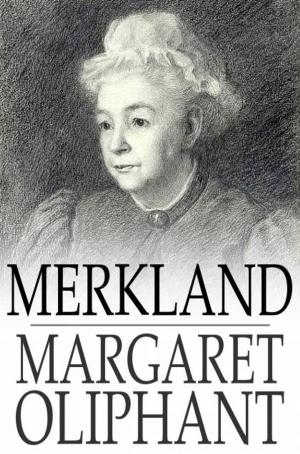The Fable of the Bees
Or, Private Vices, Publick Benefits
Nonfiction, Religion & Spirituality, Philosophy, Political, Ethics & Moral Philosophy, Business & Finance| Author: | Bernard Mandeville | ISBN: | 9781776677177 |
| Publisher: | The Floating Press | Publication: | March 1, 2017 |
| Imprint: | The Floating Press | Language: | English |
| Author: | Bernard Mandeville |
| ISBN: | 9781776677177 |
| Publisher: | The Floating Press |
| Publication: | March 1, 2017 |
| Imprint: | The Floating Press |
| Language: | English |
If you think 18th century economic philosophy is by definition dry and boring, check out Bernard Mandeville's 1714 poem "The Fable of the Bees." It espouses the benefits of selfishness as a way of increasing economic prosperity -- a common enough idea today, but one that was so scandalous at the time of its publication that Mandeville was convicted by a grand jury and widely denounced by the most prominent thinkers of the day in blistering terms. This volume contains the text of the poem and some of Mandeville's commentary on its key ideas.
If you think 18th century economic philosophy is by definition dry and boring, check out Bernard Mandeville's 1714 poem "The Fable of the Bees." It espouses the benefits of selfishness as a way of increasing economic prosperity -- a common enough idea today, but one that was so scandalous at the time of its publication that Mandeville was convicted by a grand jury and widely denounced by the most prominent thinkers of the day in blistering terms. This volume contains the text of the poem and some of Mandeville's commentary on its key ideas.















